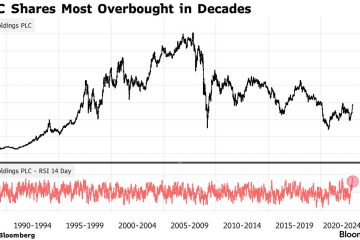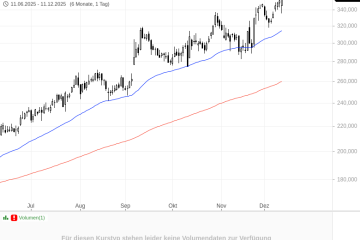Frasers Group: A Leading Force in Retail

Introduction
Frasers Group Plc, a prominent name in the retail sector, has gained significant attention in recent years due to its ambitious expansion plans and strategic acquisitions. Founded by businessman Mike Ashley in 1982, the company operates a diverse range of retail brands, including Sports Direct, Flannels, and House of Fraser. Understanding the evolution and current relevance of Frasers Group is crucial for investors, analysts, and consumers alike, as it reflects broader trends within the retail industry.
Recent Developments
As of late 2023, Frasers Group has continued to adapt to changing consumer behaviours, especially following the disruptions caused by the COVID-19 pandemic. The company has turned its focus toward enhancing its online shopping experience while simultaneously revitalising its physical stores. In November 2023, the Group reported a 15% increase in online sales compared to the previous year, showcasing its successful digital transformation initiatives.
Additionally, Frasers Group has made headlines with its acquisition strategies. Earlier this year, the Group announced the purchase of a majority stake in UK outdoor retailer Go Outdoors, expanding its reach into the camping and outdoor activity sector. This acquisition is poised to enhance Frasers’ brand portfolio and attract a new demographic of customers.
Financial Performance
The financial results released in September 2023 indicate a positive trajectory for Frasers Group, with a reported revenue increase of 20% year-on-year, totalling £1.5 billion for the first half of FY2023. This growth is attributed to both effective marketing strategies and the ability to adapt to market demands swiftly. Analysts suggest that investing in technology and sustainability has been pivotal for maintaining competitiveness in a challenging retail environment.
Future Outlook
Looking ahead, Frasers Group aims to leverage its multi-brand strategy to penetrate international markets more aggressively, particularly in Europe and Asia. The company’s focus on diversifying its product offerings combined with an emphasis on enhancing customer engagement through data analytics is expected to drive future growth. Furthermore, the sustainability initiatives taken, including moving towards eco-friendly products and practices, have the potential to appeal to the growing demographic of environmentally-conscious consumers.
Conclusion
Frasers Group’s rise as a retail powerhouse exemplifies the need for companies to innovate and adapt in a rapidly changing marketplace. With a strong digital presence and a proactive approach to acquisitions, the company is well-positioned to continue its growth trajectory. The implications for the retail sector are significant, as Frasers Group’s strategies may set trends that other companies will follow in the coming years. For consumers, the enhanced shopping experience—both online and in-store—promises diverse options and value in their purchasing decisions.









